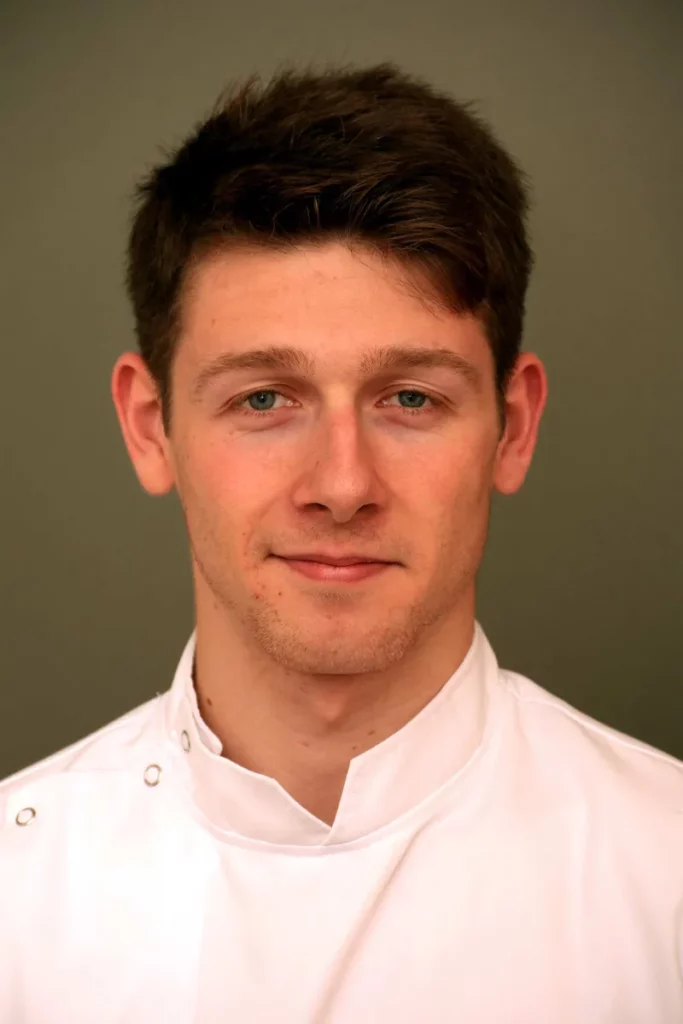
Tom Glindon
Integrated Masters Degree in Osteopathy from Oxford Brookes University
Tom graduated from Oxford Brookes University in 2015 with a masters in Osteopathy. Since then, he has worked at a number of private practice clinics across Hertfordshire dealing with everything from back pain, sports injuries, headaches and sciatica.
Being a keen gym goer, runner and cyclist, as well as having played rugby previously Tom has also developed a real interest in sports injuries and the rehabilitation of them. He also enjoys tackling the complex picture of chronic pain.
Tom has a post-graduate certificate in musculoskeletal ultrasound scanning which he uses as part of the diagnostic process in his sports injury patients. He also uses shockwave therapy, acupuncture and instrument assisted soft tissue massage as part of his treatments that he offers.
2 Minutes with Tom
Why did you become an Osteopath?
I wanted be in a career in which I could help people. After looking at different options I stumbled across Osteopathy. The holistic approach and scope for variation in practice instantly had me sold. Being a big lover of sports, the direction in which Osteopathy was moving was also a big draw, particularly the growing need for quality rehabilitation as treatment in individuals.
What makes your job worthwhile?
The thing I love best about the job is making people better and helping them discover the benefits of Osteopathy. I also enjoy the satisfaction of seeing my knowledge base grow and evolve during my professional development.
What is unique about how you work?
I offer diagnostic ultrasound scanning for sports injuries as well as a shockwave therapy service for conditions such as tendonitis.
Who has influenced you most in your career as an Osteopath?
Tim Moynihan, who until recently owned Amber Health, has been a fantastic mentor of mine as have the other Osteopaths who I have worked for. Secondly my parents were incredibly understanding and supportive of the career path I chose, without having any in depth knowledge of the kind of world I wanted to work in.
What’s the piece of advice you give to your patients most often?
I don’t like asking patients to stop exercise unless it’s absolutely necessary. I often find myself asking patients to find a way to slightly reduce any exercise that they may do in terms of intensity, volume or speed to facilitate the body’s ability to heal.
What do you enjoy doing when you are not at work?
When I’m not working I enjoy cooking and watching films and tv series with my girlfriend at home. At weekends you can find me visiting my son in Edinburgh and in the summer months hiking, paddleboarding, camping and trying out new BBQ cooks.
